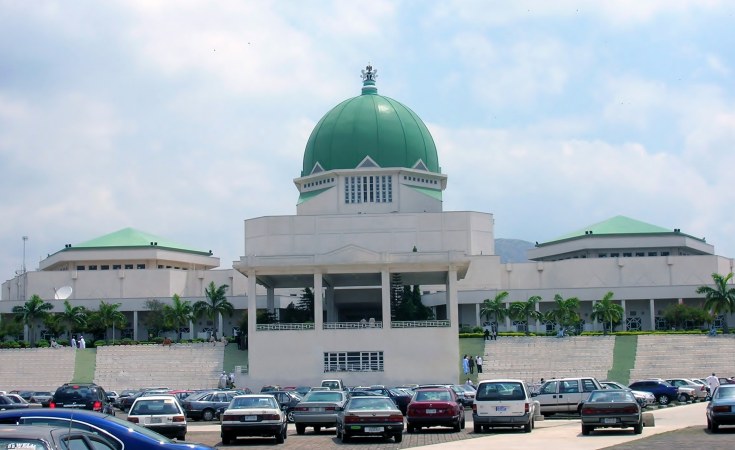Abuja — Nigerian President Muhammadu Buhari's visit to the United States last week offered an opportunity for both countries to hit the 'reset' button in a relationship that regressed somewhat prior to his election.
Before Nigerians voted in March, U.S. Secretary of State John Kerry said the future of America's relationship with Nigeria would hinge on a successful election.
Nigeria, against all expectations, went on to conduct its most credible and violence-free elections in history. While Nigerians are the primary beneficiaries of this achievement, a peaceful political transition in our country has significance beyond our borders. It sets an example for Africa.
President Muhammadu Buhari is ready to respond to the high expectations of his people. He has demonstrated the courage to take tough decisions and the commitment to fight corruption. The rest of the world, starting with the United States, needs to reciprocate.
On 28 March 2015, our party, the All Progressives Congress (APC), received an overwhelming mandate from our people for change. In casting their ballots, they vented their frustration at the status quo.
Terrorism and insurgency were ravaging northern Nigeria – a devastating situation brought to global attention by the abduction of over 200 school girls, sparking the global campaign to "bring back our girls". Corruption and youth unemployment were rife.
The change our people demand is clear.
The fight against terrorism is global and local. We must secure our borders, towns and villages from terrorism but work with global partners to do so. Our economy must be diversified to generate jobs and opportunities for our young population. Nigeria can no longer rely on oil as the mainstay of our economy. We must deal with the many obsolete and dysfunctional regulatory regimes that make the cost of doing business in Nigeria high. We need to sustainably develop our infrastructure. Finally, we must end corruption throughout all areas of government.
Naturally, Boko Haram was at the very top of the agenda of his visit to Washington, DC. The United States had rolled back support in training and equipment amidst widespread allegations of human rights abuse by elements of the Nigerian military.
President Buhari has promised that issues of human rights would no longer be overlooked – that there will be no impunity for any abuses of power. Therefore, there cannot be a better time to restore full cooperation between our two countries.
The Senate of Nigeria under my leadership, in support of President Buhari's security agenda, will provide the required oversight on security spending and ensure that rules of engagement safeguard the rights of civilians in the crisis areas. We will ensure that our fight against terror does not provide excuse for rights violations.
This is partly why the first meeting we had upon the inauguration of the 8th Senate was with a coalition of Civil Society Organisations and the Nigerian Bar Association. These engagements are intended not only to open the space for popular participation in the legislative process, but also to reflect our commitment to issues of citizens' rights.
Our general commitment is to ensure that our legislation is updated to block avenues for revenue leakages, facilitate and support investments, protect legal agreements and make it easier for genuine investors to thrive.
Our overarching objectives are to use legislative interventions as a vehicle for sustainable reforms. Our focus: security, economic diversification, infrastructure renewal, improving the business climate for investors, robust anti-corruption measures, expansion of public revenue streams and developing opportunities for better education, health and job creation.
Members of both Houses are redefining our legislative culture to drive change in an enduring way. For the first time in our history, the two chambers are crafting legislative agendas that are coherent, similar in context and forged through consultation.
We will build new modes of cooperation and engagement across the two Houses to expedite legislative action on identified key areas such as the long-delayed Petroleum Industry Bill. We know that better governance is both a constraint on corruption and an enabler of enterprise. On anti-corruption and transparency, we are starting with the National Assembly itself. The legislature should lead by example.
Within a week, we set up an ad-hoc committee to look at our finances, with a view to running a more transparent and efficient operation in tune with the aspirations and expectation of the Nigerian people. The National Assembly will launch a major onslaught against corruption in revenue collection and throughout government, implementing far-reaching reforms on the national budget process to make it more transparent and participatory.
The National Assembly must play its part to ensure that our new government can provide opportunity out of our adversity. We will support an agenda for change that will be written into law.
We hope the international community will join us in this journey.
Abubakar Bukola Saraki is President of the Senate in Nigeria.


